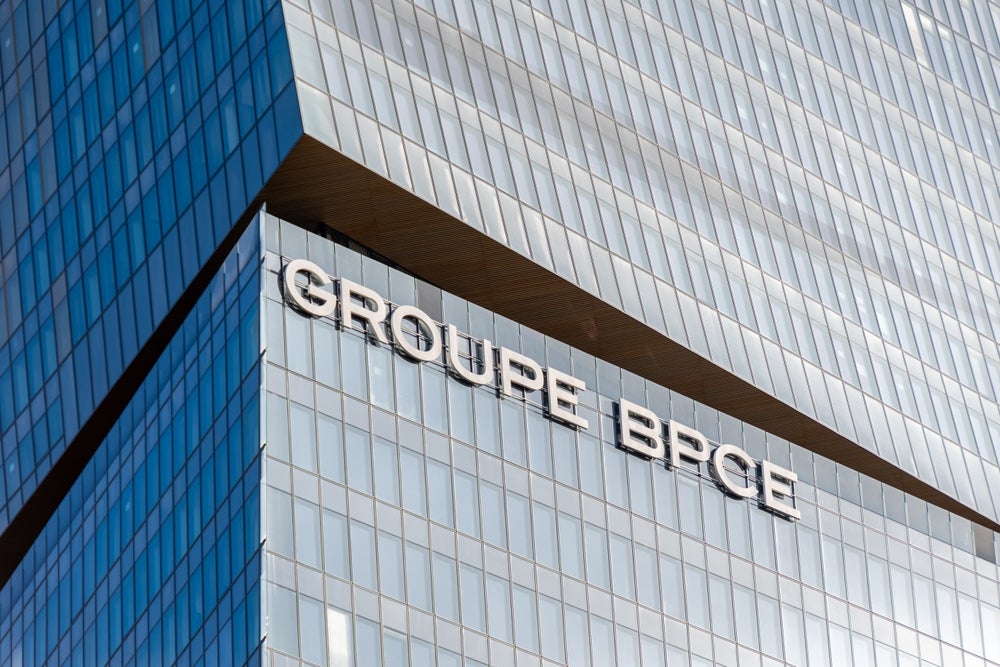Against the general trend of the
European leasing industry, ABN Amro subsidiary Amstel Lease remains
proudly independent from its parent, both in branding and in
structure.
Nevertheless, this has not stopped
the lessor from taking greater steps to link up with its wider
bank, through which it sources some 75 percent of its business.
The company has recently started
providing seminars and training to bank branch employees, aimed at
giving sales staff the experience to know when and how to spot an
opportunity to introduce lease business to Amstel.
Due to this training, Amstel has
seen a dramatic increase in business origination as a result.
Since bank branch visits and
handout distributions began in February, Amstel has seen by far its
biggest uptick in deal propositions since the start of the global
recession – although whether these will be converted into lease
book volume remains to be seen.
The main thrust of the training
programme is in objection handling, with the aim of giving bank
staff enough confidence in their knowledge of leasing products to
suggest them as an alternative to loans whenever relevant.
How well do you really know your competitors?
Access the most comprehensive Company Profiles on the market, powered by GlobalData. Save hours of research. Gain competitive edge.

Thank you!
Your download email will arrive shortly
Not ready to buy yet? Download a free sample
We are confident about the unique quality of our Company Profiles. However, we want you to make the most beneficial decision for your business, so we offer a free sample that you can download by submitting the below form
By GlobalDataThe success of Amstel’s education
strategy shows how efficient cross-selling can be managed, even
across physically, culturally and structurally distinct
businesses.
Amstel’s continued independence is
partly to do with its 40-year old brand, which has accrued more
trust and recognition among the Netherlands’ SME market than its
parent’s name.
While the period following ABN
Amro’s merger with Fortis Bank saw many discussions of Amstel’s
fate, it was agreed that the division had consistently outperformed
the bank in terms of returns, and so would remain autonomous.
Amstel’s strategy and marketing head Robert Petersen put this
down to the company’s “small team, low overheads and high energy” –
an energy with which he is now trying to infect ABN Amro’s branch
banking network.







